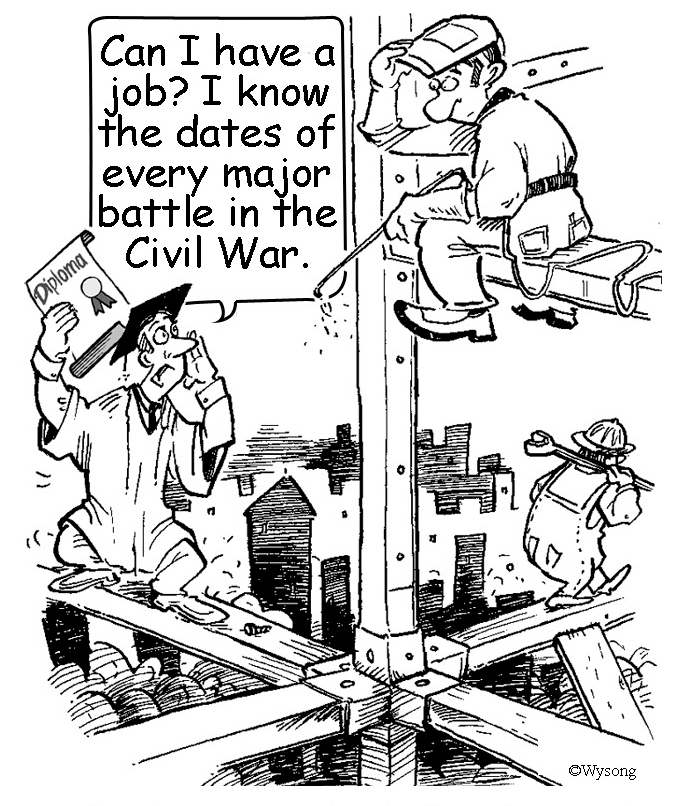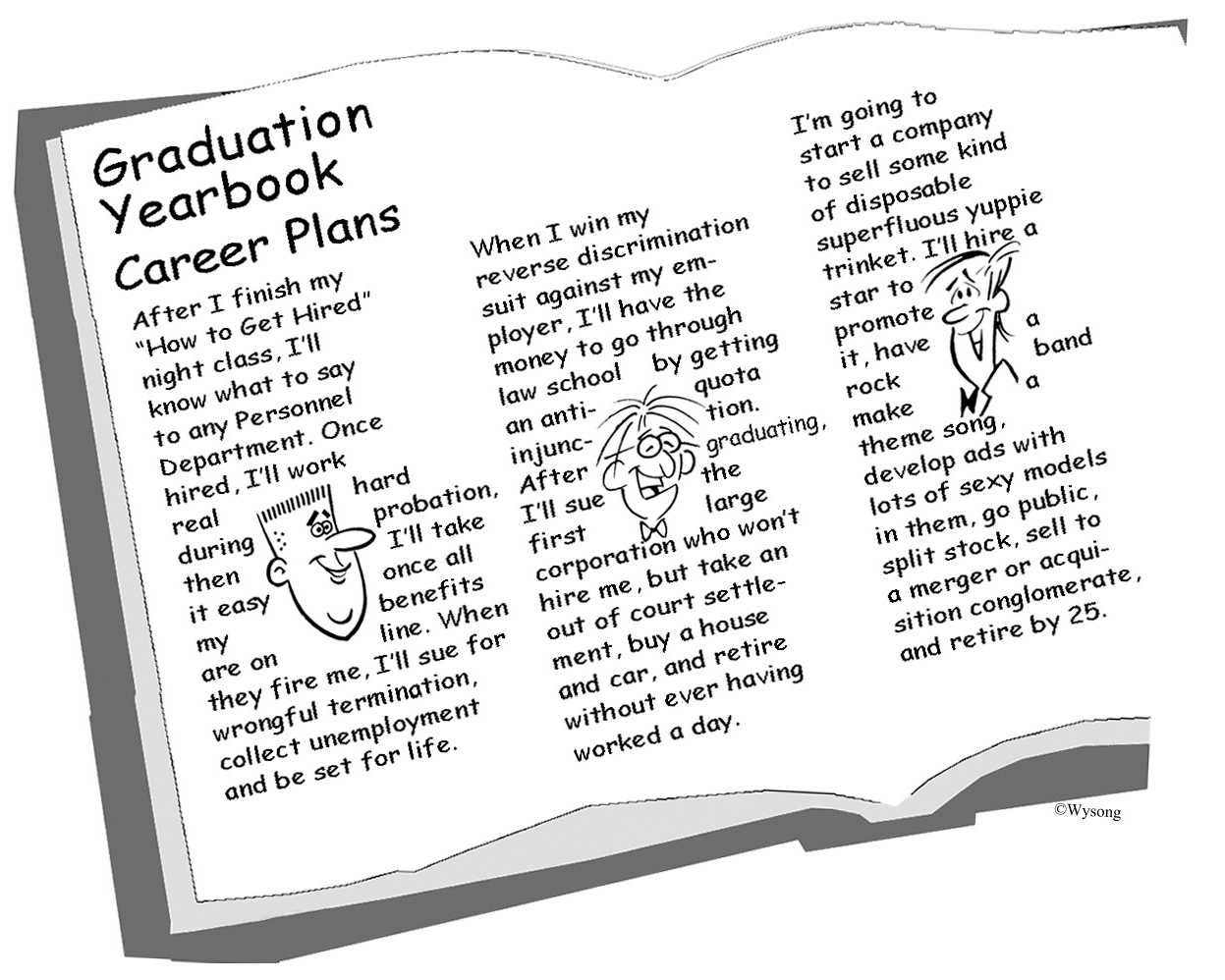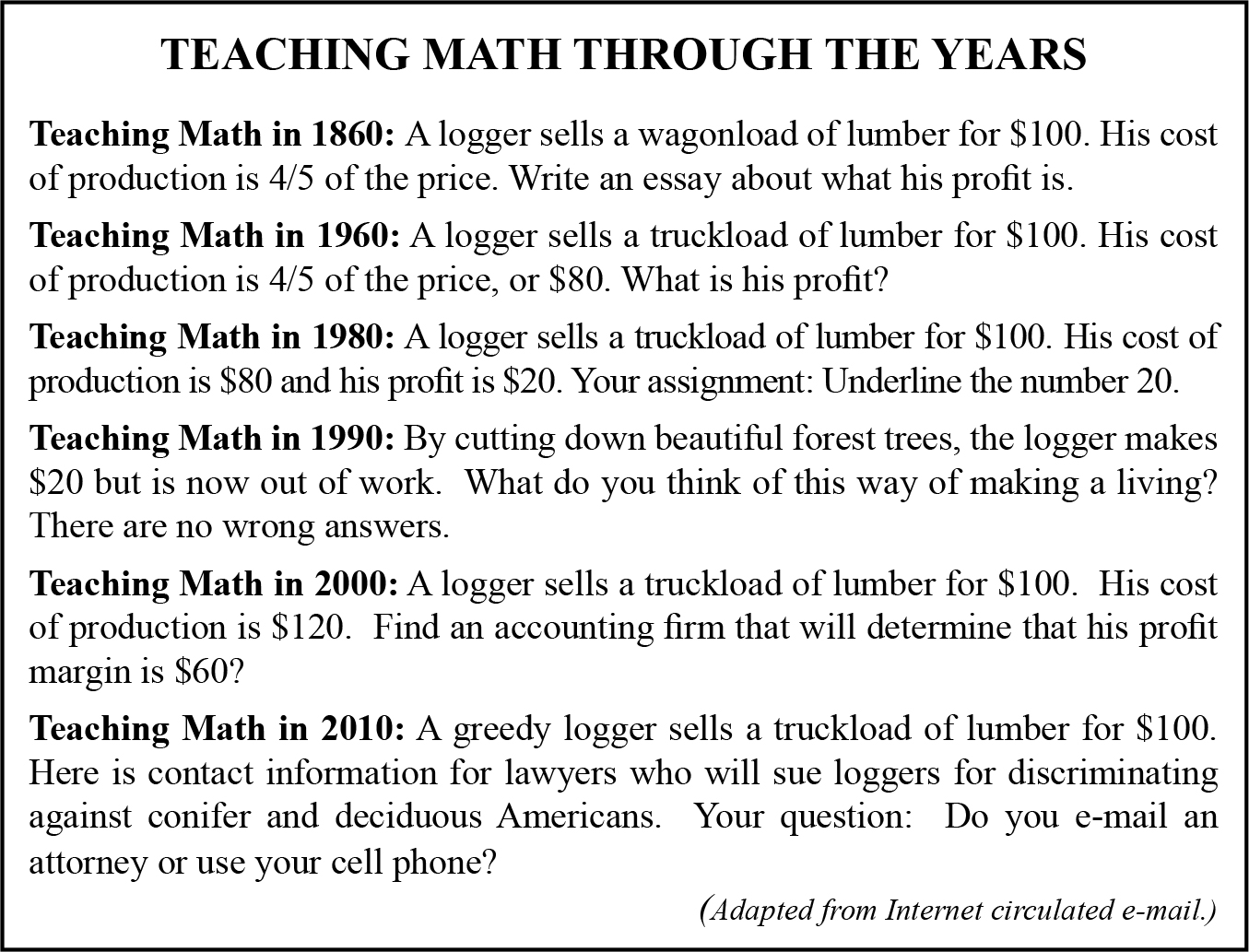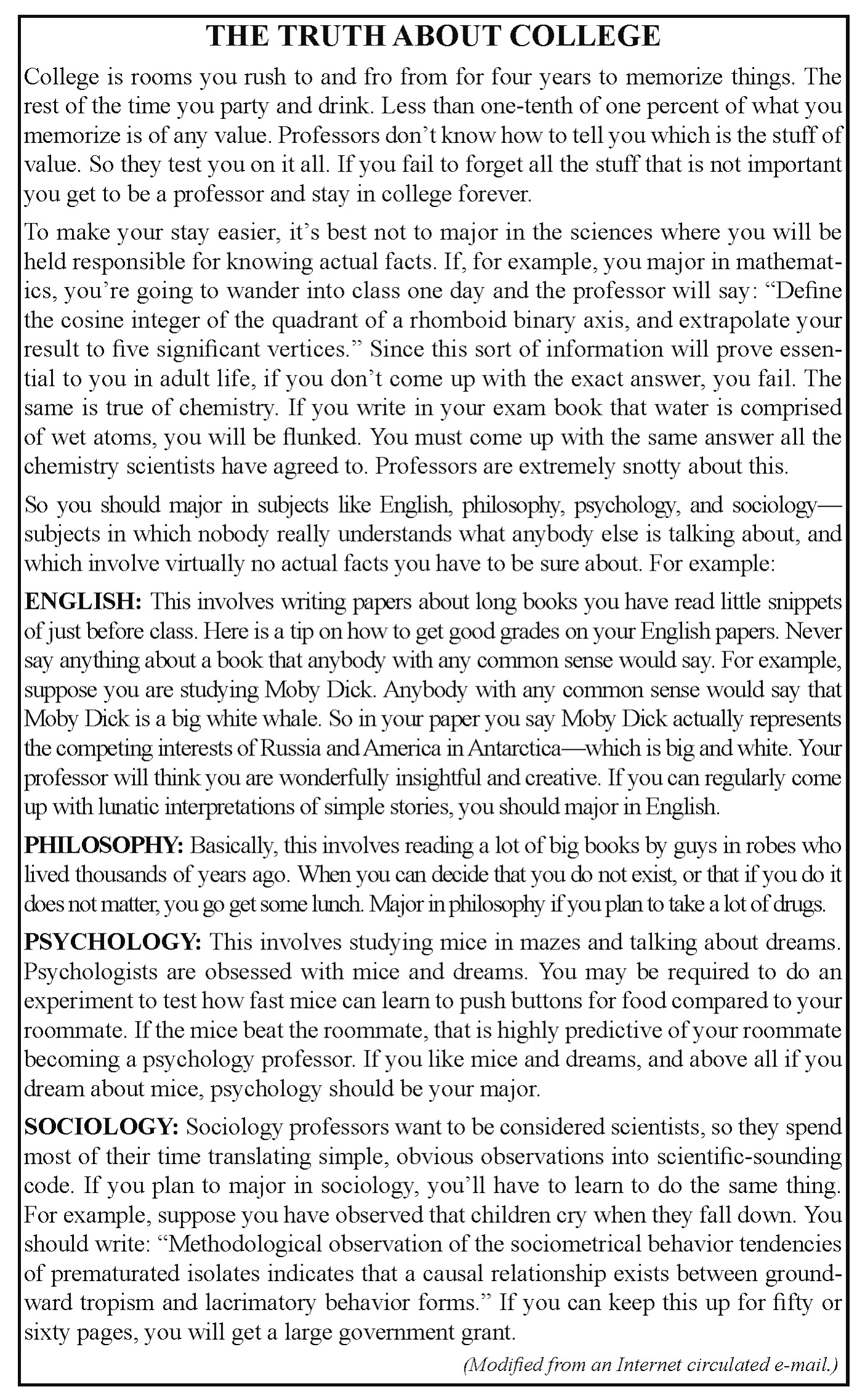Words of wisdom and miscellaneous facts by Dr. Wysong and others.
This is an accumulation over several decades and the accuracy cannot be attested to.
Wysong vs Nemos Bible Debate
COSMOLOGY LIES AS BIG AS THE UNIVERSE
⬇️ Click to scroll down to article
"We'll know our disinformation program is complete when everything the American public believes is false."
—William Casey CIA director 1981
The bigger the lie the greater its acceptance because people cannot believe authority figures would ignore reality.
To find truth we must hate the lie more than love accepted beliefs.
Fraud vitiates everything it touches. (common law maxim) Nudd v. Burrows (1875) 91 U.S. 416.
Fraud destroys the validity of everything into which it enters. Boyce's Executors v. Grundy (1830) 28 U.S. 210.
Fraud vitiates the most solemn contracts, documents and even judgments. United States v. Throckmorton (1878) 98 JU.S. 61.70.
FORWARD
The accepted cosmogony/cosmology (origin and nature of the universe) belief is:
—William Casey CIA director 1981
The bigger the lie the greater its acceptance because people cannot believe authority figures would ignore reality.
To find truth we must hate the lie more than love accepted beliefs.
Fraud vitiates everything it touches. (common law maxim) Nudd v. Burrows (1875) 91 U.S. 416.
Fraud destroys the validity of everything into which it enters. Boyce's Executors v. Grundy (1830) 28 U.S. 210.
Fraud vitiates the most solemn contracts, documents and even judgments. United States v. Throckmorton (1878) 98 JU.S. 61.70.
FORWARD
The accepted cosmogony/cosmology (origin and nature of the universe) belief is:
A Big Bang of nothing created an infinite meaningless universe containing atomic dust that gravitationally accreted into heavenly bodies including our Earthball moving in several different directions at 2.8 million mph and holding an atmosphere next to the vacuum of space while spontaneously forming life from primeval sludge that then evolved into complicated rocks called humans with no free will.
Long ago it became clear to me that the materialistic evolutionary part of that credo was false.
But I was on board with the cosmology part. After all, we see rocket ships going to and fro, there is a "Space Force," pictures of Earth and planets abound, astronauts float around and in the International Space Station, thousands of people and billions of dollars support it, and, of course, "all" the experts believe.
To question this is to be a conspiracy theorist, misinformationist, or even a lunatic. Oh my, we must, after all, follow the crowd.
The idea that we are being lied to about space didn't even enter my mind until a few months ago when what was left of my naive and trusting innocence had been totally demolished with the COVID-19 fraud.
We, the crowd, extend our trust to institutions charged with looking after our interests. But government, Big Medicine, education, media, industry, Big Tech, science, and NASA chase money, their own security, and even power over us.
That should not inspire confidence in beliefs they create, promote, protect with censorship, and even demand acceptance of.
If we want truth, we have to find it ourselves. To do that requires the opposite of trusting in others. It means sleuthing what the powers that be try to hide from us in internet archives, banned videos, censored "disinformation," and what "fact checkers" say isn't so.
Probing into the subject I was stunned to learn that:
That means unproven beliefs, stories, and even fakery are being passed off as science and truth.
This subject may seem inconsequential to everyday life. But that's only true if we aren't being lied to about it. If the truth is being hidden from us, we can be sure of one thing, it's not being done for our benefit.
Truth seekers learn that the scale and ostentatiousness of lies being fed to us means nothing can be tacitly trusted.
Everything of importance from government, media, industry, medicine, education, economics, science, history, religion, and popular society must be assumed to be false unless we prove otherwise by doing our homework and thinking critically.
This series will provide wake-up information to help you discover lies as big as the universe.
But I was on board with the cosmology part. After all, we see rocket ships going to and fro, there is a "Space Force," pictures of Earth and planets abound, astronauts float around and in the International Space Station, thousands of people and billions of dollars support it, and, of course, "all" the experts believe.
To question this is to be a conspiracy theorist, misinformationist, or even a lunatic. Oh my, we must, after all, follow the crowd.
The idea that we are being lied to about space didn't even enter my mind until a few months ago when what was left of my naive and trusting innocence had been totally demolished with the COVID-19 fraud.
We, the crowd, extend our trust to institutions charged with looking after our interests. But government, Big Medicine, education, media, industry, Big Tech, science, and NASA chase money, their own security, and even power over us.
That should not inspire confidence in beliefs they create, promote, protect with censorship, and even demand acceptance of.
If we want truth, we have to find it ourselves. To do that requires the opposite of trusting in others. It means sleuthing what the powers that be try to hide from us in internet archives, banned videos, censored "disinformation," and what "fact checkers" say isn't so.
Probing into the subject I was stunned to learn that:
| Nobody, including any scientist, can prove any aspect of the approved cosmogony/cosmology belief using experimentation and the scientific method. |
That means unproven beliefs, stories, and even fakery are being passed off as science and truth.
This subject may seem inconsequential to everyday life. But that's only true if we aren't being lied to about it. If the truth is being hidden from us, we can be sure of one thing, it's not being done for our benefit.
Truth seekers learn that the scale and ostentatiousness of lies being fed to us means nothing can be tacitly trusted.
Everything of importance from government, media, industry, medicine, education, economics, science, history, religion, and popular society must be assumed to be false unless we prove otherwise by doing our homework and thinking critically.
This series will provide wake-up information to help you discover lies as big as the universe.
"We'll know our disinformation program is complete when everything the American public believes is false."—William Casey CIA director 1981
"We know they are lying, they know they are lying, they know we know they are lying, we know they know we know they are lying, but they are still lying."—Aleksandr Solzhenitsyn
"We know they are lying, they know they are lying, they know we know they are lying, we know they know we know they are lying, but they are still lying."—Aleksandr Solzhenitsyn
|
11/19/2019
Click to enlarge, Ctrl + to enlarge further; Ctrl 0 to return to 100%
Education is a lifelong duty and adventure. It means learning, growing, and applying knowledge. Certain fundamentals must be gained, but education is not about settling in on a list of beliefs, closing the book, taking a test, and getting a degree. An open mind is forever essential or we make ourselves vulnerable to errors that could jeopardize the planet and ourselves.
Mental growth is an ongoing endeavor and a basic human requirement for happiness. Continuous intellectual development is necessary to be interesting to others, properly function in society, and to contribute to improving the world. Although school should teach us how to think in this way and train us in practical skills and critical thinking, it does not. Instead it occupies students with endless irrelevancies, minutia, and the politically correct agendas of educators and text writers. As such, modern education stands in the way of enlightenment. So the sooner a student can get out of school and set about educating themselves (assuming they do) and gaining experience in the real world, the better. As it is, the more important lessons gained in school have little to do with books and lectures. Things such as genuine concern from a loving teacher, fear of a bully, and infatuation for a classmate all create indelible lessons we remember for a lifetime. On the other hand, the only lesson most kids take away after learning the Pythagorean theorem and the date of the battle of Gettysburg is that learning is boring and seems to be a waste of time.
Personal initiative, individual study, successes, mistakes, fear, challenge, and pride of accomplishment out in the real world are the best teachers. This and its companion book encapsulate the important issues we face in real life and have taken over 100 chapters and almost a thousand pages to cover in abbreviated form. The fact that essentially none of this material is covered in formal schooling is a testament to the failure of modern education.
Without sufficient life experience (which creates little hooks in the mind to which details can attach), or a specific need to apply information, learning by rote goes into short-term memory long enough to pass a test and is then lost. As mental calisthenics, coursework is fine. As training for life it is woefully inadequate. Children are taught how to read (barely) but they are left unable to distinguish what is worth reading. School teaches about things, not reasons. If in doubt about the utility of modern education, ask employers whether new graduates (other than from trade schools) bring to the workplace anything other than tools they don't know how to use. Bosses joke about how they can expect to see whiteout on computer monitors and have to put stamps under lock and key so they are not used up on faxes when new grads come on board. About the most an employer can hope for is to find an employee who is motivated, eager to learn, and a self-starter (all rarities). From there the employer is faced with all the costs of training—something school should have already done. In the meantime, the educational system takes a big chunk out of tax dollars and teachers get relatively good salaries and great benefits. (Overcompensation for the poor teachers; undercompensation for the good ones.) Although graduates are not ready to hit the ground running, educators—who use the absurd lecture, note-take, regurgitate pedantry—mislead students into believing that they are receiving real training that can immediately command high wages and benefits. This not only does a disservice to the student but forces employers to repair the damage and bring new graduates back down to earth. Mark Twain had it right when he said, as I recall, "Education is not as sudden as a massacre, but it's more deadly in the long run."
Understandably, students spending years burdened by mountains of memorization are exhausted by academic demands and feel entitled to a reward, even though they intuitively know that the majority of what they have memorized is worthless. Most graduates see education as a price paid, a certificate for entitlement, and a burdensome part of their personal history, not an active and engaging part of their future. The result is a population that associates education only with school—a necessary but distasteful right of passage. People are left unmotivated to learn and grow, and workplaces fill with overpaid, under-skilled employees.
Schools should effectively teach the academic basics. Very general courses in all the disciplines can give students a broad overview of what knowledge holds. But what is the point of years of study in algebra and geometry, in a foreign language, or in scientific detail when 99.999% of those learning it will never use it after graduation? In the meantime, schools dump people into society who don't know how to balance a checkbook, avoid credit card debt, spell, write a clear letter, prepare meals, fix a plugged sink, sew a button on, check the car oil and tire pressure, or change the furnace filter. Such a practical education could be accomplished easily within 6-8 years of school, but beginning at an older age. Too much education is wasted on the young. School days should be shortened and not begin in the early morning when growing bodies and minds should be sleeping. By compressing school time, teachers would be forced to hit the high points that students need and are more likely to retain. Specific training for specific careers should follow these 6-8 years with lots of hands-on practical experience and emphasis on problem solving. Before a student is released into the workforce they should be able to accomplish a job with competence. As things presently are, most degrees do not signify useful skills other than book reading and test taking.
Also, coursework in intellectually challenging topics should be interspersed in the school curriculum. Topics such as philosophy, science, religion, marriage, family, metaphysics, politics, sociology, ethics, and logic should be subjects everyone at least touches upon. Such coursework would make it clear that education is not something achieved, it is a process. The most important takeaway should be the SOLVER principles: Self-responsibility, Open thinking, Long view, Virtue, Evidence, and Reason. These principles encourage synthesis, original thinking, and hands-on learning, not dull memorization of ideas or facts to be nailed into the brain.
Teachers should be accomplished in the real-world field they are teaching and be accountable at all times. If there is any occupation that should be under pressure to achieve performance standards at all times, it is teaching. Instead, unlike any other career, mere time (tenure) can lock in a bad teacher for a lifetime. The best formula for souring young minds on education is to force incompetent and unlikable teachers on them. Education is not about teachers and their security—it's about properly training young minds and motivating the intellect of the next generation. These are all nice ideas, but education is too institutionalized, governmentized, unionized and tenurized to change any time soon. It likes itself the way it is: very comfortable and secure for all who feed from it. Never mind whether students, the workplace, and society are benefiting as they should from it. There is no grand conspiracy to keep education boring, irrelevant, and expensive. It's just that those who write curricula and who teach know no better and find it easiest to stay in the same groove in which they were taught. Charles Chesnut observed, "…popular education is merely a means of forcing the stupid and repressing the bright, so that all the youth of the rising generation might conform to the same dull, dead level of democratic mediocrity."
Love of children and wanting to teach are certainly important, but not enough. Students who go through high school, then college, then graduate school to become teachers are still students of the school kind. School students teach others how to be school students, not what life is really about or how to succeed in it.
A teacher entrusted with the future of the world (children), must have lived out in the work world and proven their ability to be successful at it. Particularly should this be so at the high school and college levels. Instead, too often those who were incapable or nonproductive in the workplace find a home in a teaching position. We must change the aphorism: Those who can, do; those who cannot, teach. It should be: Those who can, teach; those who cannot should go do something else. One on-line university has the right idea. Their advertising for professors says, "If you haven't done it during the daytime, you can't teach it at night!" Speaking of the Internet, that may be the catalyst for a solution to education's problems. It creates a realistic alternative to the traditional classroom format. Education will not change from within because it is too comfortable with itself like all embedded institutions. The free market of Internet choices may create the pressure all institutions pay most attention to—economics. That will force the system to either become relevant and efficient or die a quiet death as their tuition and tax resources dry up. Parents are not above blame or absolved from educational responsibilities just because kids can be pushed off to school. Educators cannot be trusted and school is not just a convenient baby sitter. Education, like goodness, begins at home. Home schooling or 'unschooling' (an actual movement you can search out on the Internet) are options every parent should explore. At the least, parents should engage with children when they get home from school. Children learn best by experience and example, and parents are in the best position to put what is being taught in school into practical context. Meaningful learning in youth is like engraving on stone, and competent parents who follow the SOLVER principles are the best sculptors. If you agree, disagree, have questions, or have a correction please let me know. Comment below or email me at [email protected]
Leave a Reply. Choose Any Name
Comments
|
Introduction
1. We Can Agree 2. Possibility Thinking 3. The Solver Principles 4. Our Owner's Manual 5. We Live in A Unique Time 6. Being Health Smart 7. The Illusion of Youth Health 8. The Good Old Days 9. Timing Life 10. Exercise 11. Hormones and Steroids - A Two-Edged Sword 12. The Female Hormone Problem 13. Growing Older 14. Squaring the Curve 15. Healthy Dos and Don'ts 16. The Medical Profession 17. The Greatest Threat to Health 18. Don't Surrender to Medical Care 19. But We Live Longer Today 20. Dollars Don't Make Health 21. Disease Does Not Strike Us 22. Germs Don't Cause Disease We Do 23. From Where Does Healing Come 24. The Best Food 25. Food Ethics 26. Healthy Weight 27. Healthy Eating Ideas 28. First Things First 29. Hopelessness 30. Depression 31. Memories 32. Addiction 33. Blaming the Parents 34. Surviving Tragedy 35. Touch 36. Music as Healer 37. Humor 38. Pets as Life Savers 39. Pet Keeping - A Serious Responsibility 40. The Myth of 100 Complete Pet Foods 41. Feeding Pets as Nature Intended 42. Industry vs. Earth 43. Population 44. Modernity's Deception 45. Animal Rights 46. Biophilia 47. Respect for All Life 48. Doing Good With Business 49. The Global Economy 50. The Power of Money 51. Financial Affairs 52. Work as Friend 53. Government 54. The End of Civilization 55. Freedom Is Not Equality 56. Sex 57. Being in Love 58. Marriage - The Union of Opposites 59. Divorce 60. The Family Nest 61. Having Babies 62. Children 63. The Empty Nest 64. Experience 65. Education 66. Life Is Uncertain 67. Things Mound Up 68. Murphy's Law 69. Life's Predictability 70. Finding Home 71. Learn From History 72. Shaping the Future 73. The Other Line Always Moves Faster 74. Little Things Add Up 75. Growing Up 76. Alone 77. Hope 78. Paying the Success Price 79. Change A Wonderful Thing 80. Being the Best You Can Be 81. Do Something, Something Happens 82. Change the World 83. Growing Good People 84. Words 85. Genius 86. Listen and Learn 87. Mind Over Matter 88. Looking Good 89. Protecting Yourself 90. Self Sufficiency 91. Life Is Math 92. Ethics 93. Conscience 94. The Long View 95. Being Real 96. Change 97. End and Beginning Figures |


 YouTube
YouTube Podcast
Podcast





 RSS Feed
RSS Feed
 Twitter
Twitter
0 Comments